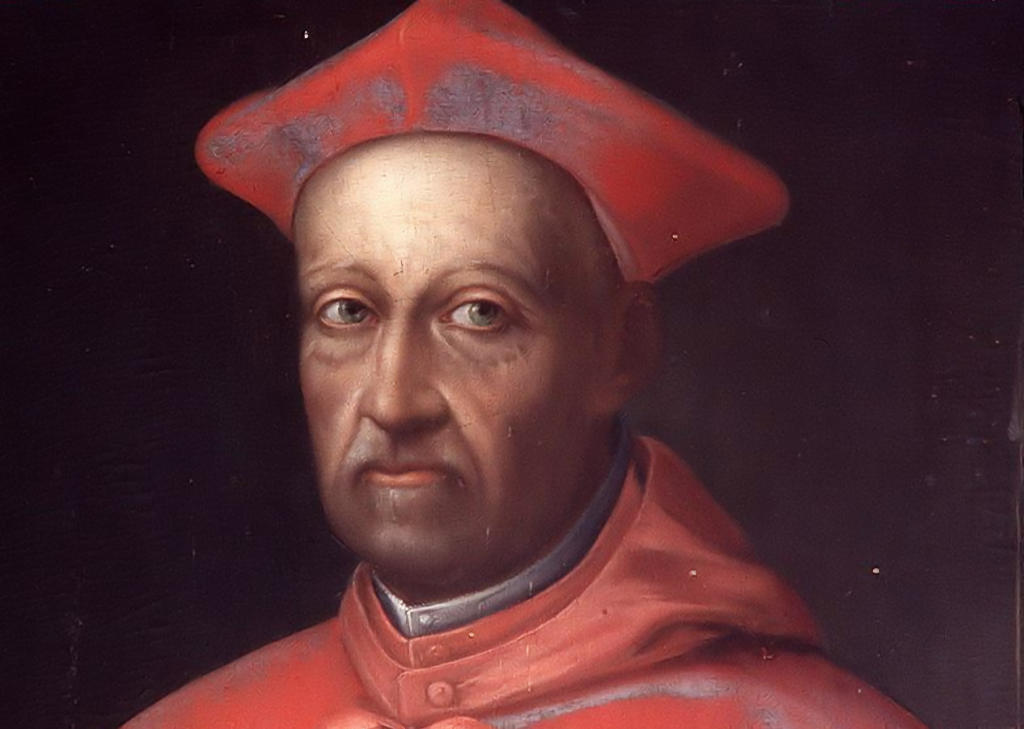Henry's rapid ascent in the Church hierarchy was remarkable. He served as the Archbishop of Braga and Évora before becoming the Grand Inquisitor. In 1545, Henry was appointed as a cardinal, bearing the title of Santi Quattro Coronati. His influence within the Church continued to grow, and from 1564 to 1570, he held the prestigious position of Archbishop of Lisbon. Henry actively sought to bring the Jesuits to Portugal, recognizing their potential for advancing Portuguese interests in the colonial empire.
Following the resignation of Queen dowager Catherine, Henry assumed the role of regent for his great-nephew King Sebastian. Catherine's resignation in 1562 marked a turning point in Portuguese politics, with Henry taking charge of the kingdom's affairs. However, tragedy struck in 1578 when King Sebastian perished without leaving an heir in the Battle of Alcácer Quibir.
As the elderly cardinal, Henry was proclaimed king shortly after Sebastian's death. Desiring to marry and continue the Aviz dynasty, he sought release from his ecclesiastical vows. Unfortunately, Pope Gregory XIII, aiming to maintain a favorable relationship with Philip II of Spain, denied Henry's request for release. This decision had far-reaching consequences for the Portuguese monarchy and the nation's future.
Lisbon.vip Recommends
In the absence of a clear successor, King Philip II of Spain saw an opportunity to claim Portugal by force. In November 1580, he sent the Duke of Alba to seize control of Lisbon. Philip was subsequently elected as the king of Portugal at the Portuguese Cortes of Tomar in 1581, under the condition that Portugal and its overseas territories would retain their autonomy and not become Spanish provinces.
The Iberian Union, which emerged from the Portuguese succession crisis, led to 60 years of Spanish rule over Portugal. It wasn't until 1640 that Portugal regained its independence under the rule of King John IV, marking the end of the union and the restoration of the Portuguese monarchy.
King Henry's legacy is characterized by his commitment to the Church, his unsuccessful attempt to continue the Aviz dynasty, and the repercussions of the Portuguese succession crisis. His life and reign offer a fascinating glimpse into the complex political and religious dynamics of 16th-century Portugal.



